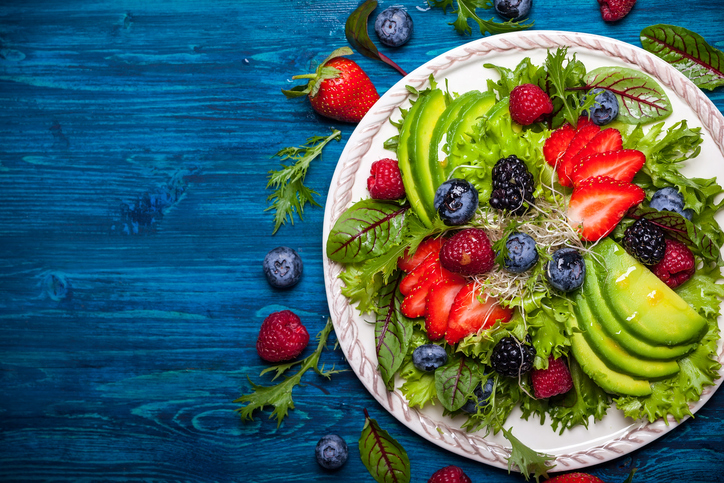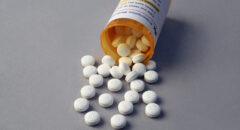 Believe it or not, controlling blood sugar levels and preventing complications associated with diabetes may be as simple as eating the right foods. In fact, according to research, foods such as beans, greens, and certain fish – all which are packed with nutrients -- can do just that and more: protect your heart, vision, and decrease the risk of other damaging effects of diabetes. Get the scoop on 5 power foods that can give you an extra edge up on diabetes and its complications below.
Believe it or not, controlling blood sugar levels and preventing complications associated with diabetes may be as simple as eating the right foods. In fact, according to research, foods such as beans, greens, and certain fish – all which are packed with nutrients -- can do just that and more: protect your heart, vision, and decrease the risk of other damaging effects of diabetes. Get the scoop on 5 power foods that can give you an extra edge up on diabetes and its complications below.
Beans
Not only are beans boasting with fiber. But, they’re high in calcium and protein too. To top it off, they’re low in saturated fat – that mess that clogs up your arteries, in turn leading to heart disease – unlike other popular forms of protein (like red meat). By consuming just one ½ cup of white beans, you'll get almost 100 mg of calcium—about 10 percent of your daily intake.
Berries
Unlike sugary confections, berries are packed with fiber and antioxidants called polyphenols. Per one study published in the American Journal of Clinical Nutrition, participants with heart disease found that after eating berries for 8 weeks, risk factors had dropped in blood pressure and they experienced a boost in "good" HDL cholesterol.
Fish
Not only are fish like salmon, mackerel, herring, lake trout, halibut, and albacore tuna friendly on your waist line, but they also contain a form of fat that helps curb inflammation. In fact, countless studies have shown that consuming high levels of omega-3 fatty acids reduce body-wide inflammation – which leads to diabetes – and lessens your risk of developing health disease. The 2010 Dietary Guidelines for Americans recommends eating fish twice a week.
Per the American Heart Association (AHA), omega-3 fatty acids also lower the risk of arrhythmias (abnormal heartbeats), which can lead to sudden death. Omega-3s also decrease triglyceride levels, slow the growth rate of atherosclerotic plaque, lower blood pressure, and curb inflammation.
Greens
We’re not talking lettuce. Think southern comfort greens like turnip, mustard, and beet greens, chard or even kale. Each is an outstanding source of fiber and calcium. Thanks to a little nutrient called folate, dark greens are also good for your heart; as they lower levels of homocysteine, an amino acid, that can raise your risk of cardiovascular disease. Experts advise aiming for 400 mcg of folate a day to lower levels of homocysteine by 25 percent.
Whole grains
According to the AHA, whole grains like oatmeal, barley, brown rice, whole grain pasta, whole wheat, and corn can help lower LDL (bad) cholesterol and decrease the risk of heart disease. Research also shows that those consuming 48-80g of whole grains (3-5 servings a day) had about a 25 percent lower risk of Type 2 diabetes.







